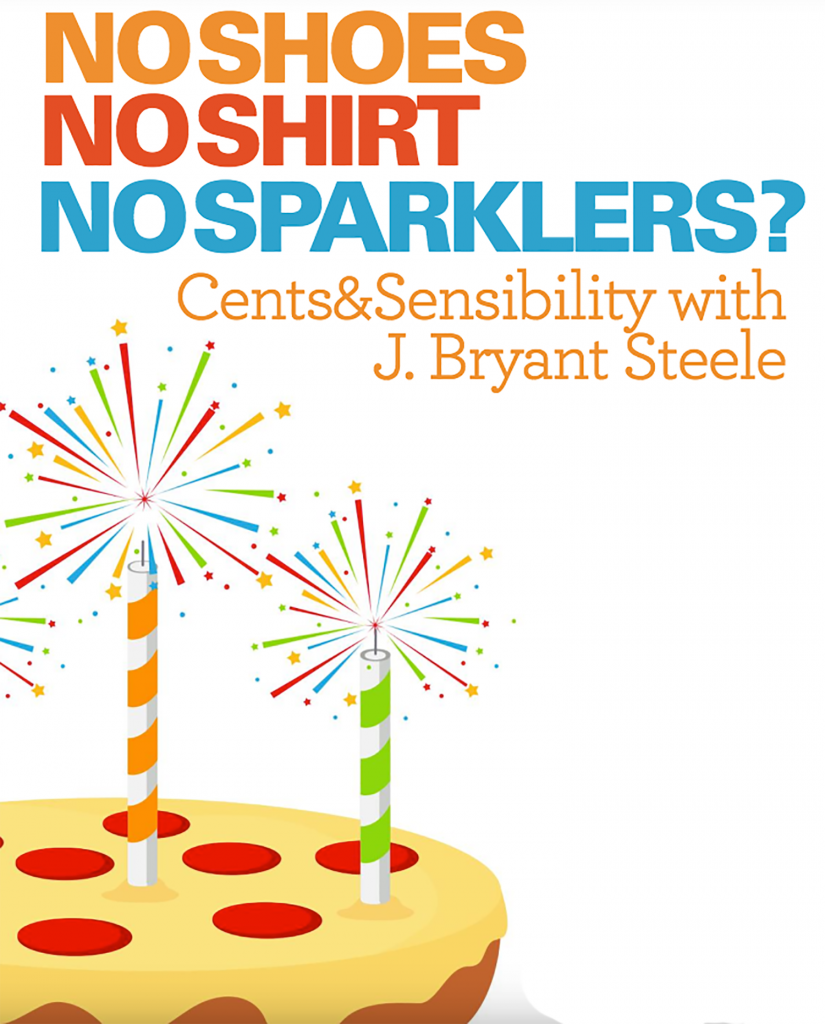
The Constitution of the United States is a masterpiece. James Madison and his pals were visionaries. But even the most radical Founding Fathers, like John Adams, didn’t envision that they were laying the foundation for women and descendants of black slaves to become their legal equals someday.
I think they must have had at least a gnawing notion that a basic phrase like “freedom of religion” would set the stage for populism run amok. All they had to do was look around: A number of those who came to these shores fleeing religious persecution were, once established, pioneering a new persecution, conceived in hellfire and brimstone and convinced of self-righteousness. It lives with us 224 years later.
It seems like only yesterday – certainly within my lifetime – that, if you were just minding your own business and someone tapped you on the shoulder to ask if you supported religious freedom, you would have just nodded and said, “Absolutely.”
All Americans – and 80 percent of the world – support religious freedom. There is, of course, that mention of it in the First Amendment, which I and maybe you memorized in the seventh grade. It harmonized with the anti-tyranny pitch in the shaping of the first democracy.
But sometimes, noddingly agreeable shorthand makes it easier to divide than to unite.
So it was that Georgia lawmakers more than batted their eyelashes at SB 129, the so-called “religious liberty” bill, in this past legislative session. Perhaps the fact that in the waning days of Georgia’s lawmaking session Indiana and its governor came under national scrutiny and ridicule for similar legislation influenced our own elected representatives to backpedal and not pass the religious liberty bill. (Since then, Arkansas and its governor have, likewise, taken flak over a religious liberty bill.)
Let’s be blunt: This is not about religion or freedom and liberty. It is about persecution based on sexual orientation. The people who choose to subscribe to this bill have a strict definition of what is morally acceptable sexual activity, and it is the missionary position between a legally married man and woman.
Georgia’s old sodomy law, which was finally struck down several years ago, was also aimed at citizens who are not heterosexual. But under strict interpretation, it would have included certain pleasures between a husband and wife in the privacy of their bedroom.
The religious liberty bill, which will almost certainly be resurrected in Atlanta next year, leaves out the privacy of the bedroom – I guess that’s a small step toward progress – but it gives legal protection to marketplace discrimination based on religious beliefs or, more accurately, phobia-fueled bias.
Georgia Gov. Nathan Deal cannot seek another term, yet nonetheless has tried to waddle a vague middle ground, giving a nod toward SB 129 but expressing concern about backlash from potential corporate expansions or relocations (like Volvo, to cite a player currently in the mix).
SB 129 is prejudice. And corporations have learned, often the hard way on previous issues like race and gender, that prejudice is bad for business. No surprise there – poll after poll shows that heterosexual Americans are increasingly tolerant toward gays and lesbians and supportive of same-sex unions.
So it has come to this: The moral high ground has been seized from those who cry for righteousness by pragmatists, whose first allegiance is to the bottom line.
James Madison might delight in the irony.
Biz Bits
For most of my life in Georgia, you couldn’t buy firecrackers because they weren’t safe. But you could buy sparklers because they were non-explosive. Yet as a child, I wound up in an emergency room with third-degree burns because of a sparkler.
The bigger reason, though, was that there was no such thing as flame-retardant clothing. From a little spark from my little brother’s sparkler, my shirt lit up like pine straw in a drought. I still remember the pain and panic of being on fire.
Now there is a push to make fireworks legal in Georgia. The ban hasn’t stopped people from driving across state lines to purchase fireworks, so why not keep an economic playing card, even a low-volume one, at home?
It wasn’t big-bang firecrackers that burned me as a child. And no ban would have saved me. You might as well ban candles. An ideal solution would have been flame-retardant clothing, which was mandated for infants and children by the time I became a father. A textbook example, I think, of how bans and knee-jerk reactions aren’t usually the ideal resolution. The answer might just be in the proverbial Big Picture.
The Atlanta Falcons have been punished by the National Football League for piping in fake crowd noise at their home games. The team must pay a $350,000 fine. Memo to the NFL: Owner Arthur Blank has that much in lost change under his sofa cushions. Also, Team President Rich McKay has been suspended from the league’s competition committee. How that punishes the Falcons is unclear. And last, the Falcons lost a fifth-round draft pick. Quick: Name the last fifth-round draft pick who changed a football team’s fortunes, other than the anomaly that is Tom Brady.
For all the hue and cry and headlines, it seems the NFL looks at fake crowd noise as mere hijinks, not to be punished severely.
The subject line in an online news service warned: “Study: Americans Crave Sleep More than Sex.” I read on to find a serious article on the detrimental health effects of not getting enough sleep. The sex part came later in the story. It seems some people, and not just the passive partner, actually fall asleep during sex due to sleep deprivation. Well, maybe its nature’s way of selective reproduction.
Speaking of such … we will breathlessly await details from a lawsuit against a Georgia sperm bank. A Canadian couple is suing Xytex Corp. of Augusta, alleging the company falsified the credentials of their sperm donor, hid his criminal past and his mental illness, and touched up his photo.
Xytex denies it all. Let’s hope this is one of those cases that isn’t settled out of court and hushed up. There are too many important issues – and potential punch lines – at stake.
J. Bryant Steele has won awards for business writing, feature writing and opinion columns, and is based in Rome.



